

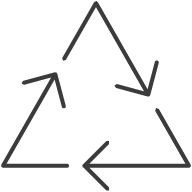
Glass can be recycled any number of times without degrading, but glass manufacturers have high standards when it comes to fragment quality. Sesotec glass sorting systems help recycling companies meet these strict requirements. Our recycled glass processing equipment separates fragments into dedicated material flows by color and glass type and removes contaminants, such as ceramics, stones and porcelain. The result? Glass recycling rates of up to 100 per cent.
Sesotec specializes in industrial material sorting systems and has more than 40 years of experience in the glass recycling industry. Our sorting systems reliably differentiate between materials using various types of sensor technology and effectively separate material flows.
Why is glass recycled?
In Germany, nearly 2 million metric tons of used glass ends up in collection containers each year. That is how it should be, because glass is the perfect product for recycling. As a material, glass is 100 per cent recyclable and can be melted down over and over again and turned into new products. Recycling glass saves energy and raw materials such as silica sand, soda and lime. Furthermore, reused glass does not need to be landfilled.
What are the challenges of recycling glass?
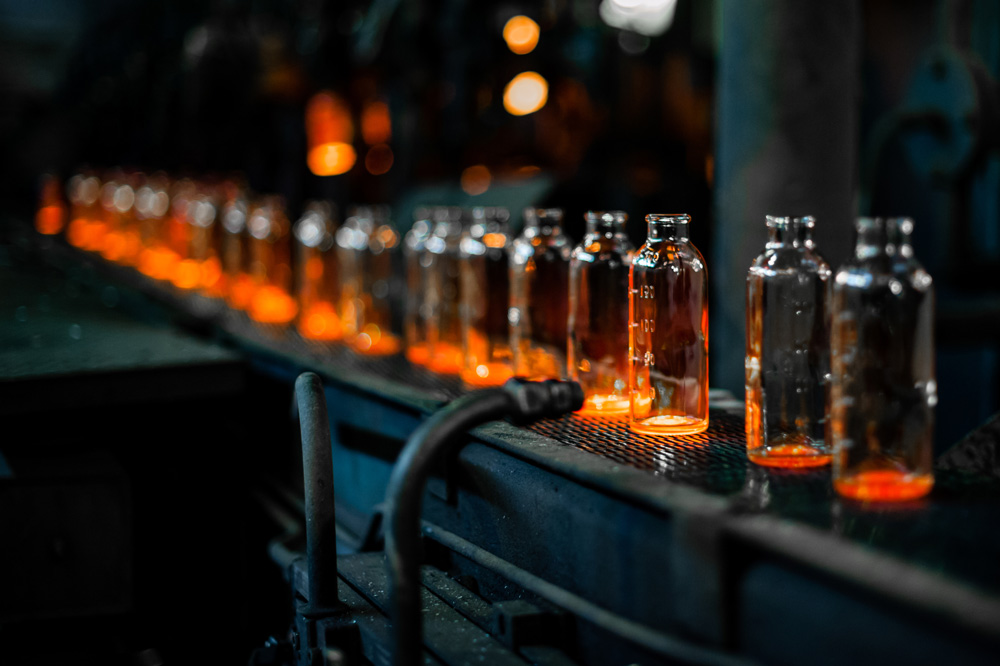
Glass manufacturers have high standards when it comes to the fragment quality of recycled glass. To produce clear glass containers, they need homogenous raw material fractions containing only glass fragments of the same color.. In order to recycle brown and green glass, the threshold for shards of the wrong color cannot be exceeded. In addition, the used glass cannot contain any contaminants, such as ceramics, stones, porcelain or metal, as these materials do not melt and will adversely affect the quality of the final recycled glass product during further processing.
Separating leaded or heat-resistant glass, such as the kinds found in teapots or glassware for cooking, requires a special sensor, as these types of glass do not necessarily look any different from normal glass.
Looking for more information or advice? Contact us
How can Sesotec glass sorting systems help you?
Our glass sorting systems separate cullet to create high-quality single-color fractions out of mixed-color glass fragments. Even heat-resistant and special leaded glass can be safely and reliably removed. Sesotec glass recycling machines also remove all contaminants. Magnets and metal separators remove caps, closures and other metal pieces from the material flow. Using cameras, the glass sorting systems also identify and eliminate foreign materials, such as ceramics, stones and porcelain.
What are the advantages of our glass recycling machinery?
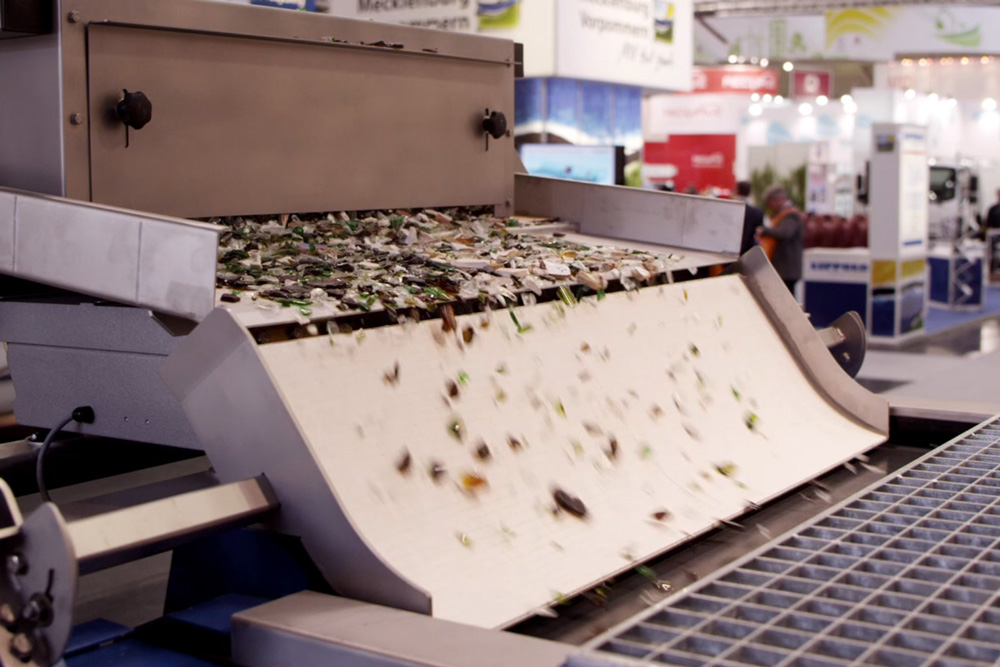
With Sesotec glass sorting systems, you can achieve recycling rates of up to 100 per cent. Our glass processing equipment ensures maximum throughput, precision and safety when recycling container glass, flat glass and other special types of glass. Greater throughput levels, reduced material loss and higher product quality increase added value. As a result, installing our glass recycling equipment leads to a rapid return on investment.
The special design of the glass-sorting system lowers glass breakage and is easily installed in small spaces, which is a real advantage when retrofitting or expanding your recycled glass processing equipment. Our glass sorting systems are also sturdy, low-maintenance and easy to operate.
Our glass recycling products:
With a wide and flexible range of products made for glass recycling plants, we develop tailored sorting solutions for our customers. Our glass recycling technology includes the following:
Together with our partner company KRS Recycling Systems GmbH, we have
many years of experience in
glass sorting for the recycling industry. Go ahead and contact us.
We will find the best solution for
your glass recycling plant in a personal discussion of your needs!
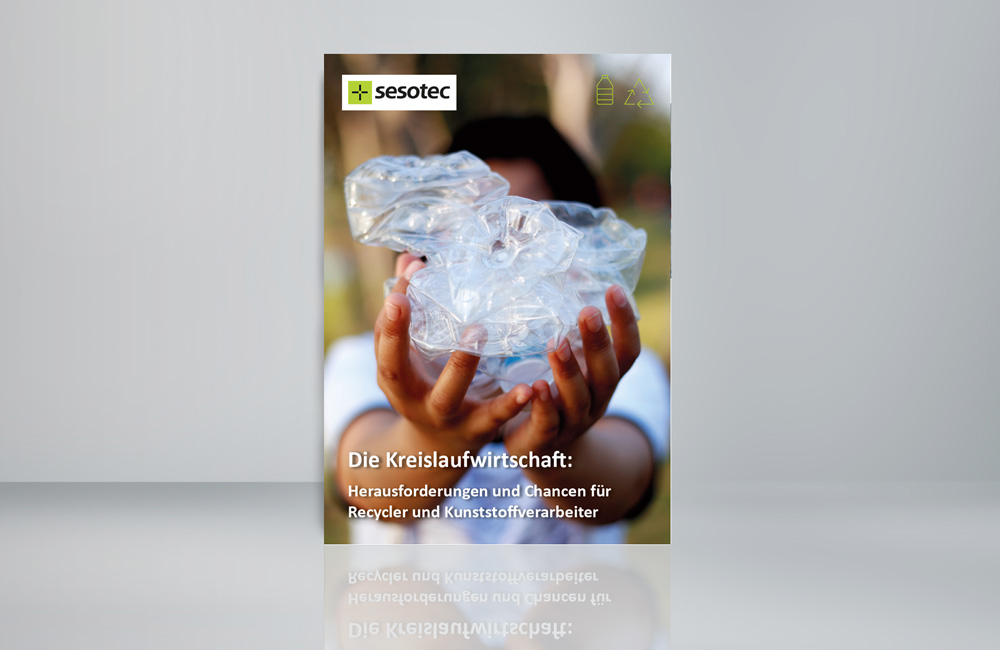
The plastics industry is under pressure. Between climate change, excessive consumption of finite resources, and vast amounts of plastic waste in the world’s oceans, plastics are coming to be seen in a different light by politicians, businesses, and consumers alike. Read in our e-book about the most important factors of a functioning circular economy, especially which challenges and opportunities exist for recyclers and plastics processors.
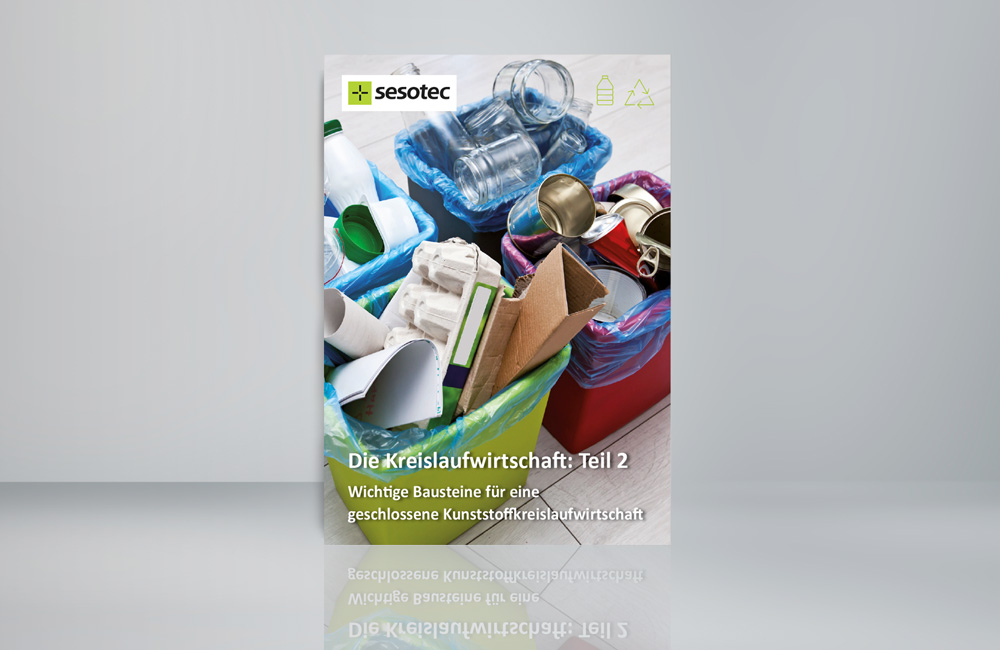
Which building blocks are necessary for a closed-loop plastic circular economy and which important parameters there are to close the loop, we will go into in the second part of the
"Circular Economy"
article series.

In this white paper, we explain the developments in the field of artificial intelligence for sorting recycling and show how you can benefit from them to make your processes more precise, more sustainable and more profitable.
Download
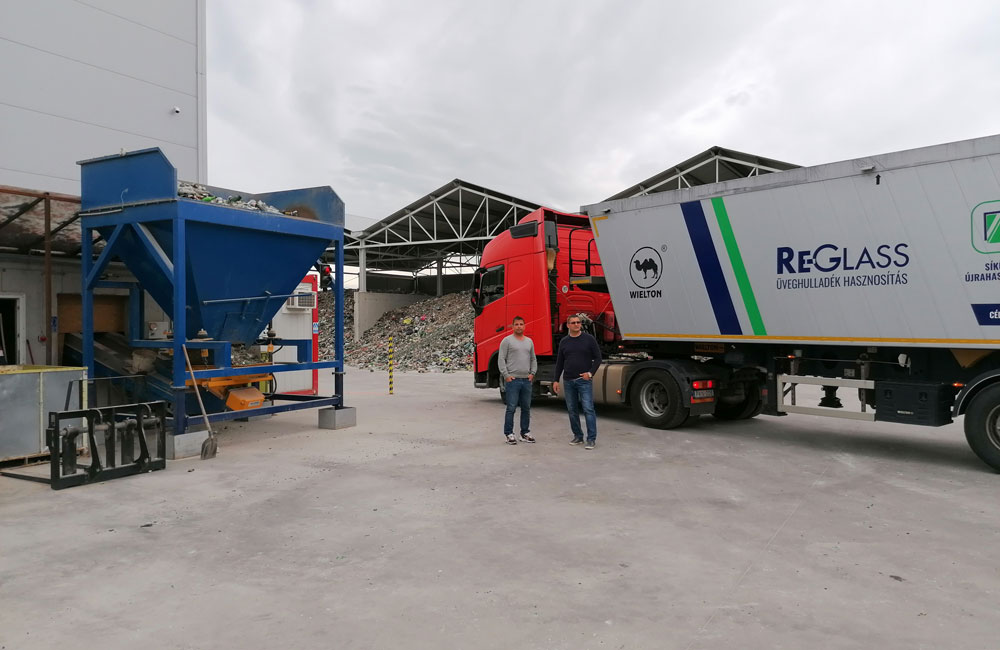
Foreign materials posed the biggest challenge to the new plant.
Contaminants such as ceramics, stones, porcelain (CSP), metals, paper,
and plastics comprise as much as 15 to 20% of the total weight of all
collected glass waste. To overcome this challenge, KRS supplied a
sorting system that meets these requirements.
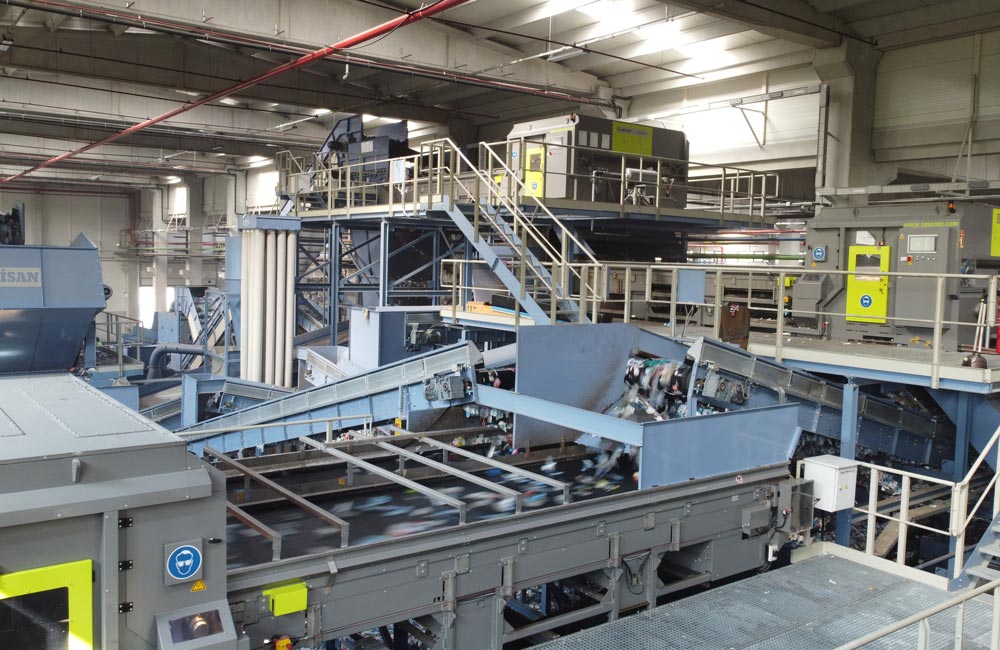
In a plant equipped with stateof-the-art (sorting) technology, Futurapet recycles plastic waste. The secondary raw materials obtained are returned to the plastics processing industry. When Futurapet was founded, General Manager Oğuz Engin and his t eam were looking for innovative solutions that efficiently deliver high-quality end products.
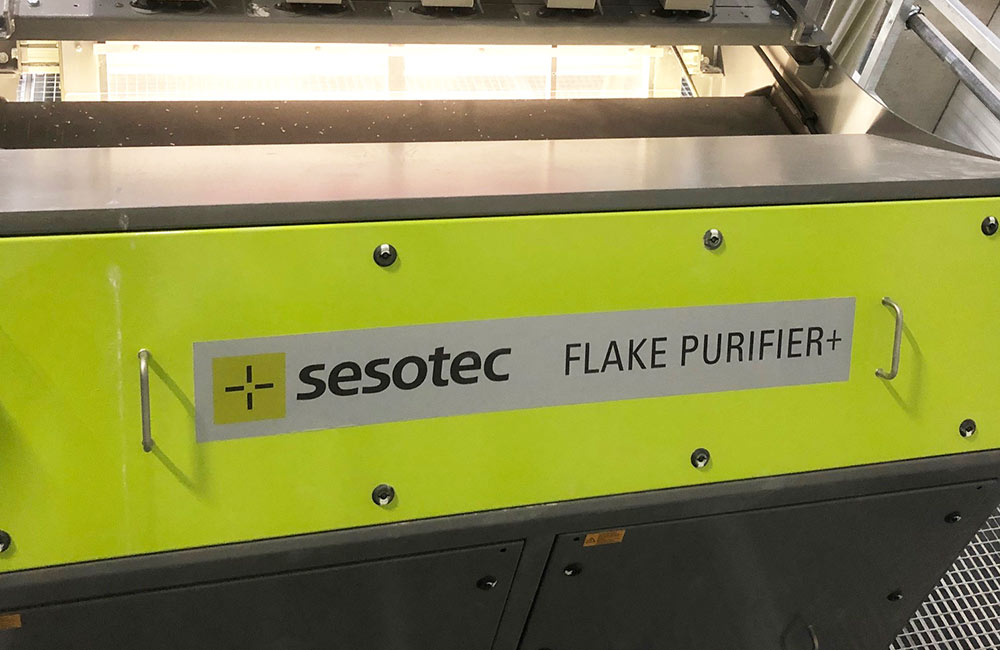
Reiling relies on sound quality inspection with sorting and material analysis systems from Sesotec
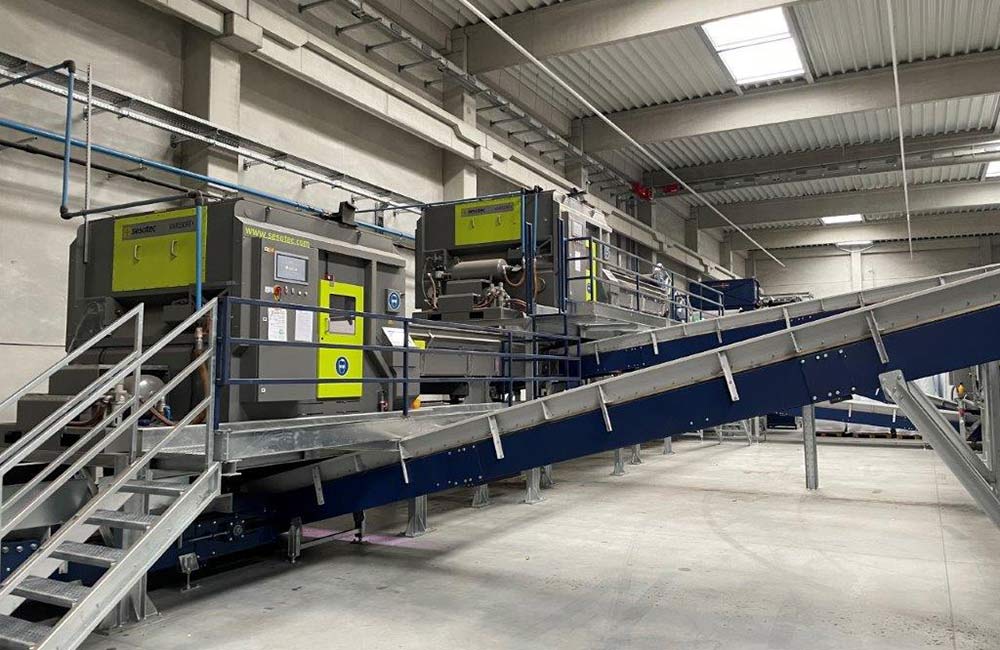
Reliable and precise sorting with multisensor sorting systems from Sesotec
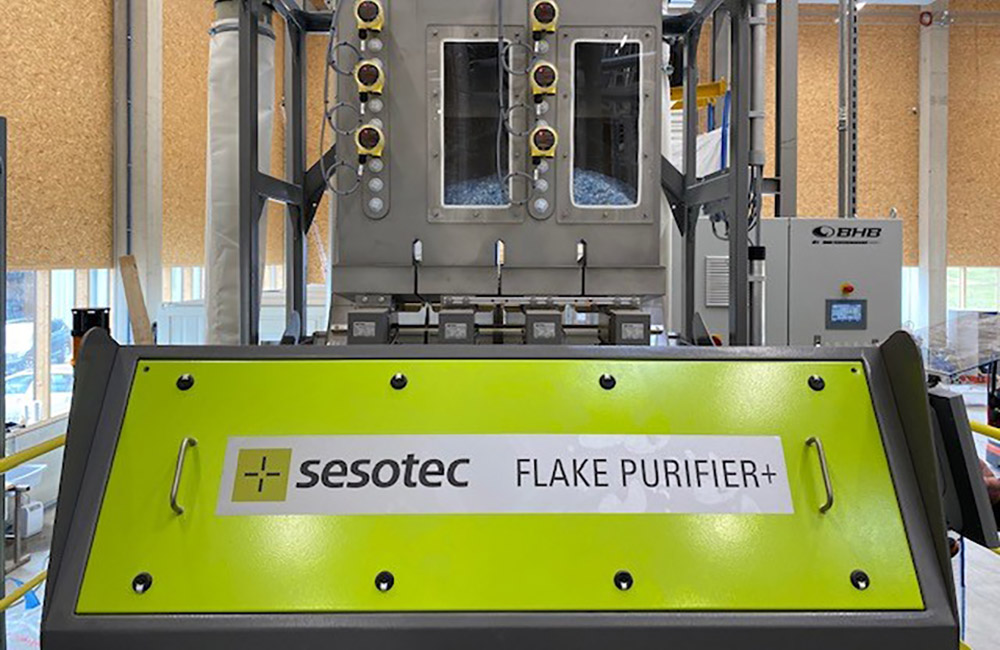
Mission PET sees the circular economy mission in the consistent implementation of PET recycling. The bandwidth for the use of recycled PET material is diverse. However, only high-purity rPET material also meets the requirements that correspond to those of virgin material. The demands placed on the recycling process for preparing the PET material are correspondingly high. Best decontamination and material cleaning of the PET starting material are the prerequisites for maximum purity of the end product.

Thanks to the new Sesotec technology, more valuable, dark cullet remains in the material cycle. The proportion of glass recovered is significantly increased once again and can be used to add value in high-quality melting applications.

Like in most recycling processes, companies such as World PET Recycling face the challenge of removing contaminants from recycled PET to meet the strict quality standards for food-grade materials.
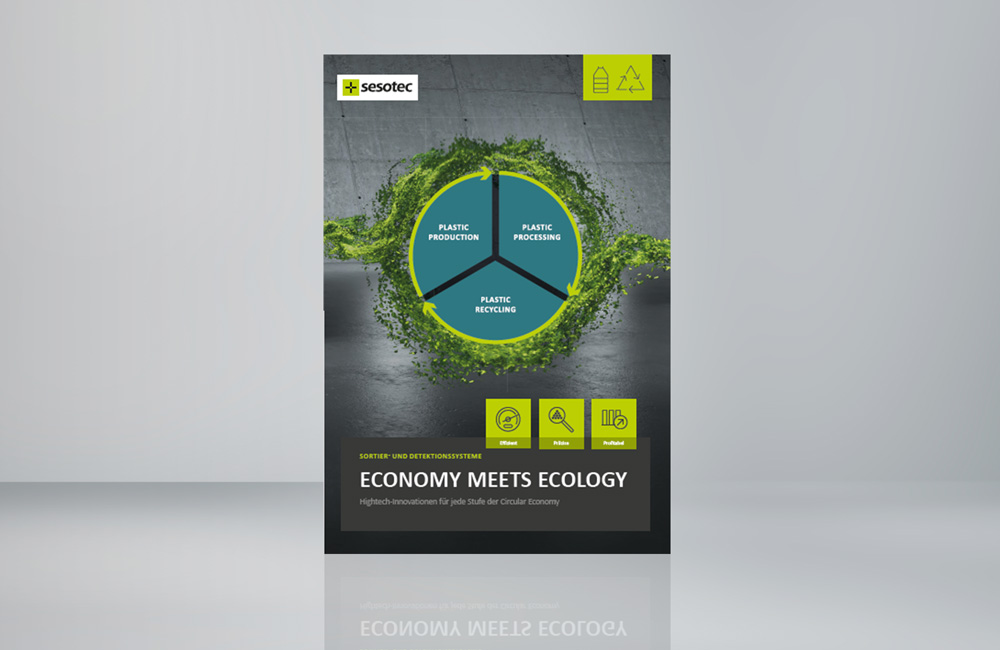
Sorting and Detection systems for every stage of the Circular Economy in the plastics industry.
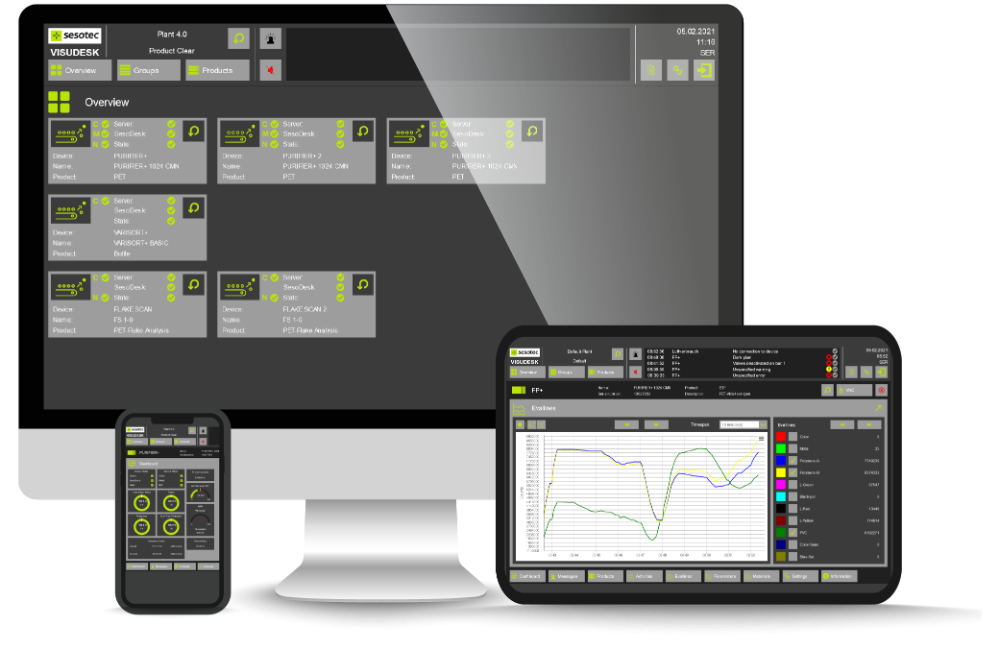
VISUDESK, the new visualisation software for sorting machines, makes your sorting processes transparent and enables direct control for higher efficiency and higher profitability.